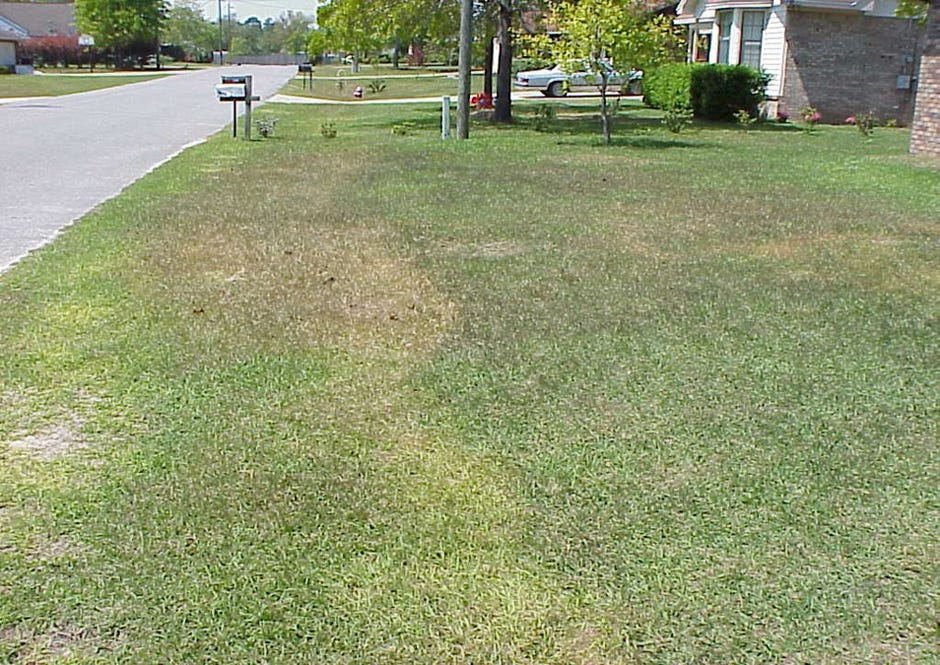![Northwest Florida lawns that were well fertilized in the spring and summer don't require fertilizer after they become dormant, Larry Williams of the Okaloosa Extension office said. [CONTRIBUTED PHOTO]](http://127.0.0.1/wordpress/wp-content/uploads/2022/01/ghows-DA-2907296a-c11e-427a-9cb3-660a549bbbe2-cbd0917a.jpeg)
Many people fertilize their lawn too late with too much nitrogen. They wrongly call this practice “winterizing.”
If you’ve done a good job fertilizing your lawn during the growing season (spring and summer), there’s no need to apply more fertilizer now.
Many people have bought into the idea of "winterizing" their lawns, but it is not a good practice to apply a high-nitrogen fertilizer late in the season. Excessive nitrogen can cause tender new growth in our warm-season grasses, only to result in cold injury during winter.
If the lawn has not been adequately fertilized during the growing season, it may benefit from additional potassium. But the only sure way to know if the potassium level is inadequate is to have your soil tested, otherwise you’re guessing.
If you insist on winterizing (fertilizing beyond summer months), use a fertilizer with low nitrogen (represented by the first number in the fertilizer analysis), but with some potassium (the last number in the analysis). Look for a lawn fertilizer with 5 percent or less nitrogen but with potassium such as 5-2-14, 5-0-22, 0-0-7, etc. Remember, more potassium than nitrogen.
The potassium needs to be applied while the grass is actively growing. After the lawn is dormant, much of the fertilizer that could have benefited the lawn is wasted.
With normal spring/summer lawn fertilization, mid-September is the latest date to fertilize our warm season grasses such as zoysia and St. Augustine in North Florida.
But with centipedegrass, it’s best to not fertilize after August.
For research-based information on maintaining a Florida lawn, contact your local University of Florida Institute of Food and Agricultural Sciences County Extension Office or visit http://hort.ifas.ufl.edu/yourfloridalawn.
Larry Williams is an agent at the University of Florida's Institute of Food and Agricultural Sciences Extension office in Crestview.

This article originally appeared on Crestview News Bulletin: 'Winterizing’ lawns mostly unnecessary in Florida
